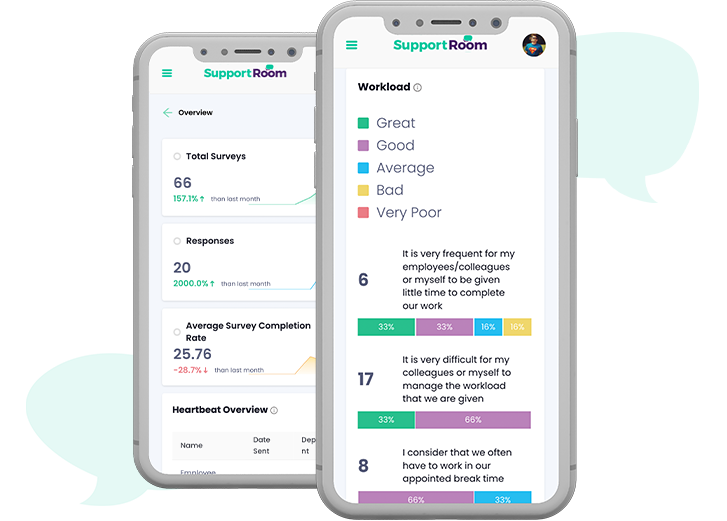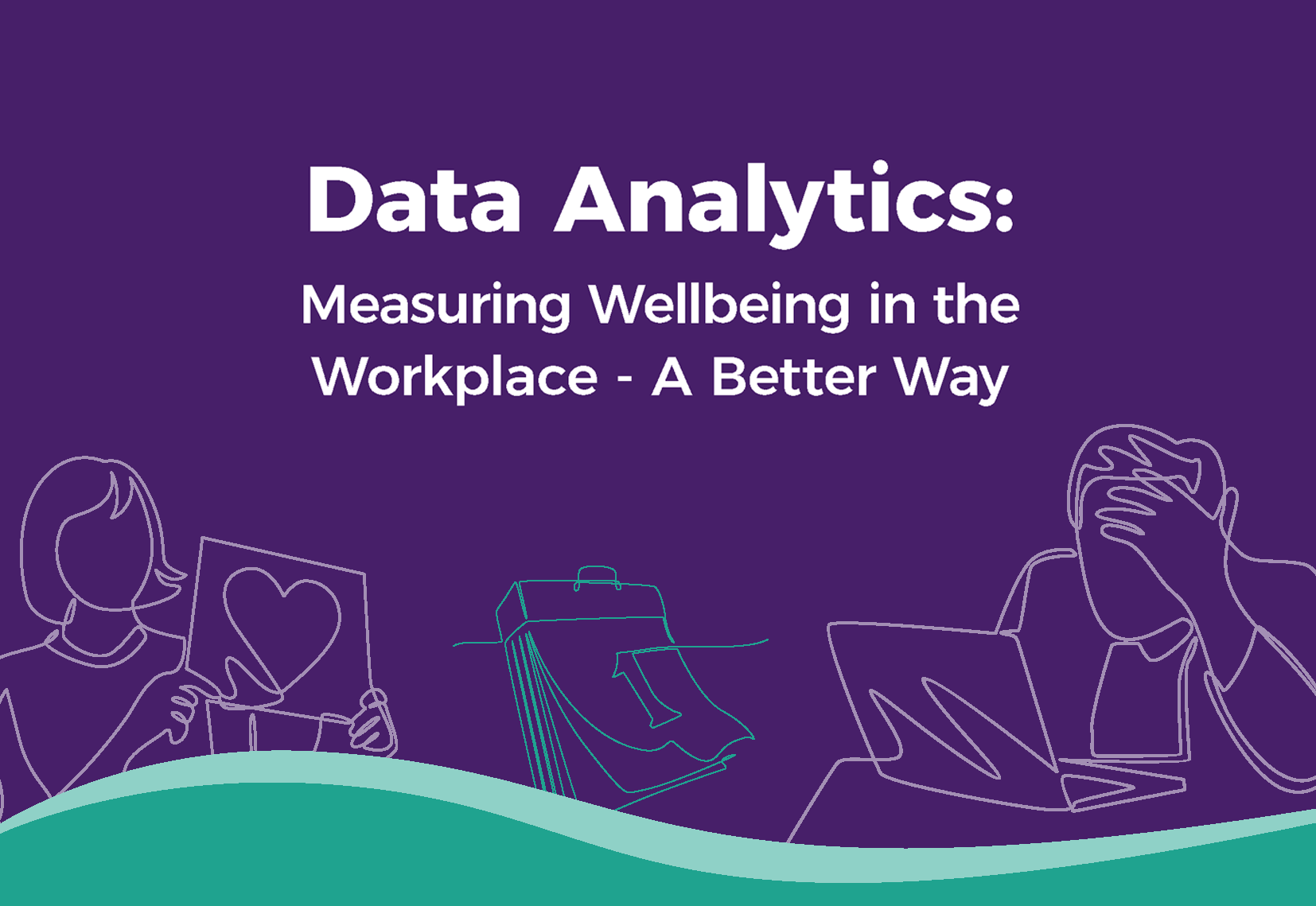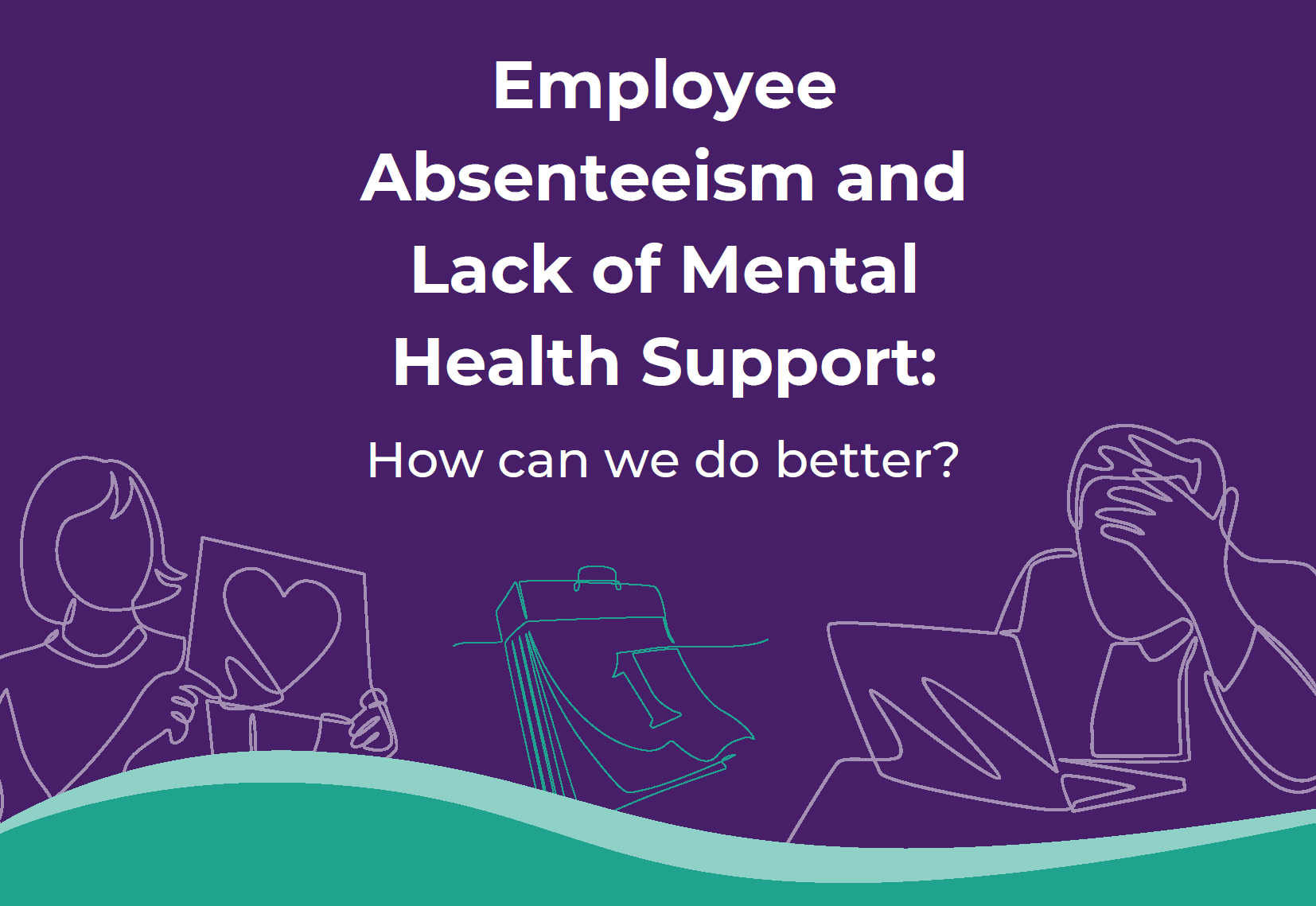In today’s fast-paced and demanding work environments, it’s essential for HR leaders to recognize the importance of employee well-being and prioritize self-care. By taking proactive measures to support and encourage self-care practices, HR leaders can create a more positive and productive workplace. In this blog post, we will explore some actionable ways HR leaders can help employees with self-care.
Foster a Culture of Work-Life Balance:
HR leaders play a crucial role in promoting work-life balance within the organization. Encourage employees to set boundaries between work and personal life by implementing policies that support flexible working hours, remote work options, and paid time off. Educate managers on the importance of respecting these boundaries and leading by example.
Provide Resources and Tools:
Equip employees with the necessary resources and tools to prioritize their well-being. Consider implementing employee assistance programs that offer counseling services, mental health resources, and wellness initiatives. Promote the use of self-care apps, mindfulness exercises, and other digital platforms that can help employees manage stress, improve sleep, and enhance their overall well-being.
Promote Physical Health:
Encourage physical activity and wellness initiatives by offering gym memberships, organizing team fitness challenges, or providing on-site exercise classes. Partner with local healthcare providers to offer preventive health screenings, vaccinations, and wellness workshops. Consider creating designated spaces for relaxation and encourage employees to take regular breaks to stretch and recharge.
Support Mental Health:
Invest in mental health initiatives by organizing workshops and training sessions that raise awareness and reduce stigma. Train HR staff and managers to identify signs of mental health concerns and provide appropriate support. Offer access to confidential counseling services and communicate the availability of mental health resources regularly.
Encourage Open Communication:
Promote a culture of open communication where employees feel comfortable discussing their well-being. Encourage regular check-ins between managers and employees to address any concerns or challenges. Provide channels for anonymous feedback and suggestions, allowing employees to voice their needs and ideas without fear of reprisal.
Lead by Example:
HR leaders should serve as role models for self-care practices. Demonstrate a healthy work-life balance, prioritize self-care, and encourage other leaders within the organization to do the same. Share personal stories and experiences to show that self-care is not only important but actively practiced within the organization.
Recognize and Celebrate Achievements:
Acknowledge and celebrate employee accomplishments and milestones. Recognizing their efforts fosters a sense of appreciation and boosts morale. Regularly express gratitude for their hard work and emphasize the importance of taking time for self-care as a way to sustain high performance and long-term success.
As HR leaders, it is our responsibility to create a supportive environment that values and prioritizes employee self-care. By fostering a culture of work-life balance, providing resources and tools, promoting physical and mental health, encouraging open communication, leading by example, and recognizing achievements, we can empower our employees to prioritize their well-being and ultimately contribute to a healthier and more engaged workforce. Together, let’s make self-care an integral part of our organizational DNA.

Gain FREE access to Heartbeat
Get a free Heartbeat Survey.
Let us uncover the true state of your team’s wellbeing with a free mental health survey for your entire organisation.
Gain valuable insights to see how you can better support your team’s mental health and performance.
No pitch. No credit card required.





